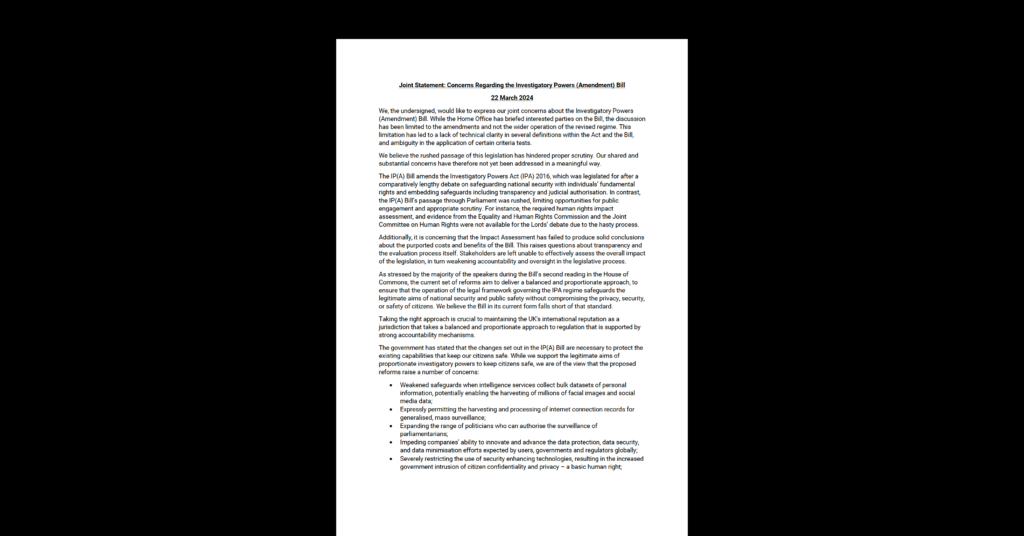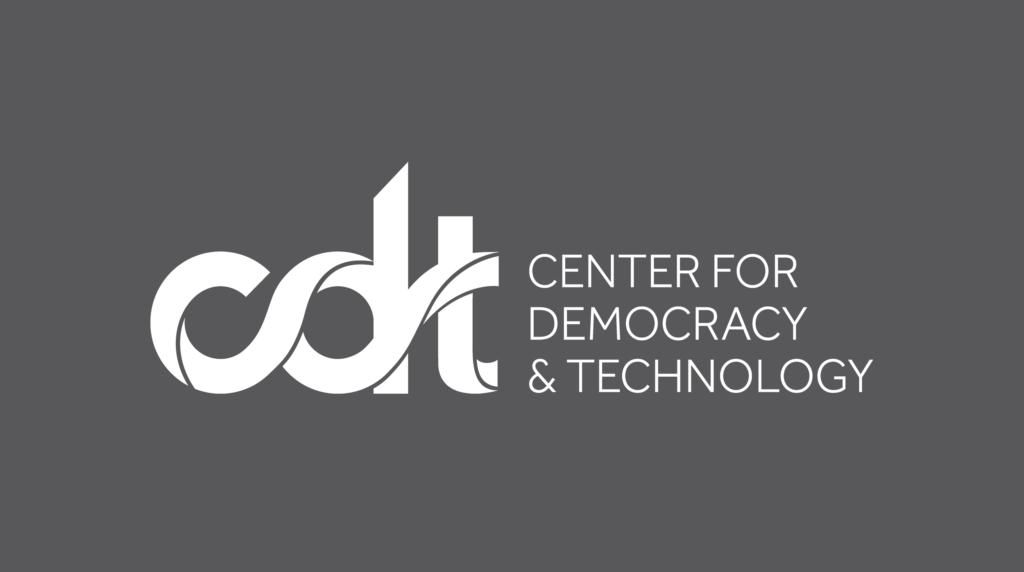CDT Establishes Full-Time Presence in Brussels
Today, CDT establishes a full-time presence in Brussels, where we will seek to apply our unique approach to Internet policy making to the deliberations of the European Union (EU) and other Europe-based institutions. Our new European representative is Jens-Henrik Jeppesen, who brings to CDT more than 15 years of experience working on tech policy issues in Europe.
Internet and human rights policies are inherently and increasingly global concerns that require global engagement. As digital communications technologies, devices, and services proliferate throughout the world, and citizens and societies get access to the global resources they offer, policymakers around the world face similar questions and challenges. Examples are core CDT issues such as Internet governance, data privacy, net neutrality, cybersecurity, and intellectual property. As we saw at the recent World Conference on International Telecommunications, there is a global debate underway about the future of the Internet and who should govern it and how. The framework for development of an open Internet that supports both innovation and human rights is under challenge.
Countries like China and Russia are actively exporting their vision of a government-centric Internet. Along with regimes in the Middle East and Africa, they seek to harness Internet technologies to control and monitor their citizens and to deprive them of free access to information that the authorities deem inappropriate for religious and/or political reasons.
The European Union institutions and Member States have a major role to play in presenting the counter-model based on competition, openness, and human rights. Brussels, the headquarters of the EU institutions, is a major center for European and international policymaking, and the EU exerts influence far beyond the Union’s borders. Through its long-established trade policies, its international development programs, and increasingly through its foreign policy and diplomatic services, the EU plays a growing role in global policymaking. The issues of most significance to CDT – free expression, consumer privacy, protection of Internet intermediaries, intellectual property enforcement, government surveillance, cybersecurity, and network neutrality, to name but a few – are all on the agenda of Europe today, as they are on the agenda in the U.S. and in countries around the world.
Much has been made about specific conflicts on Internet policy between the U.S. and Europe. However, what must not be lost are our common values, our respect for human rights, our strong democratic traditions, our commitment to rule of law, and our support for the open Internet. The U.S. and the EU may strike a somewhat different balance between competing interests and thus come down in slightly different places on specific issues, but we have a shared obligation to set a strong example as the world faces a growing set of Internet challenges.
In light of the increasingly global nature of Internet issues and the importance of European engagement in them, CDT concluded several years ago that we could not afford not to be in Brussels. Since then, CDT senior staff has been traveling regularly to Europe to participate in Internet policy development processes at the EU, the OECD, and other institutions. Policymakers welcomed our expertise, and, just as importantly, we learned a lot from this ongoing dialog.
The establishment of a permanent CDT office in Brussels reflects CDT’s increasingly international scope. Short visits by US-based CDT experts have enabled us to contribute our legal and technical expertise to EU legislative processes and helped us broaden our horizons. Now, we build on these foundations and establish a sustained, ongoing presence on the ground, to build and maintain relationships with European officials, policymakers, academics, civil society, and industry. CDT will promote the same principles in Europe and the US, but the solutions we propose will reflect legal, political, social, and cultural differences.
We think CDT’s open and collaborative approach to policy making is well-suited to the European policy environment. Stretching from the Arctic Circle to Gibraltar, from the Black Sea to the North Atlantic, the EU brings together 27 Member States with different legal frameworks and regulatory traditions, and 754 Members of Parliament representing the entire political spectrum. To this diverse ‘multi-stakeholder’ process, CDT brings its two decades of expertise in analyzing the legal, policy and technical issues, and will help find solutions and compromises that balance legitimate interests and concerns.
The appointment of Jens-Henrik Jeppesen to lead our engagement in Europe brings CDT the necessary understanding of the European environment as well as valuable relationships with officials, politicians, and other participants in the debate. Jens comes to CDT from Dell, where he set up and led the company’s Europe, Middle East & Africa Government Affairs team. Prior to his position at Dell, he recruited and led Intel’s EU Affairs team, managing technology policy issues such as copyright and patents, telecommunications and broadband, and data protection and cybersecurity. He has a deep commitment to CDT’s values and to our collaborative approach to policy development. With Jens’ credibility and expertise, CDT aims to making helpful contributions to European technology policy debates. We look forward to working with policymakers, civil society, and all stakeholders.


